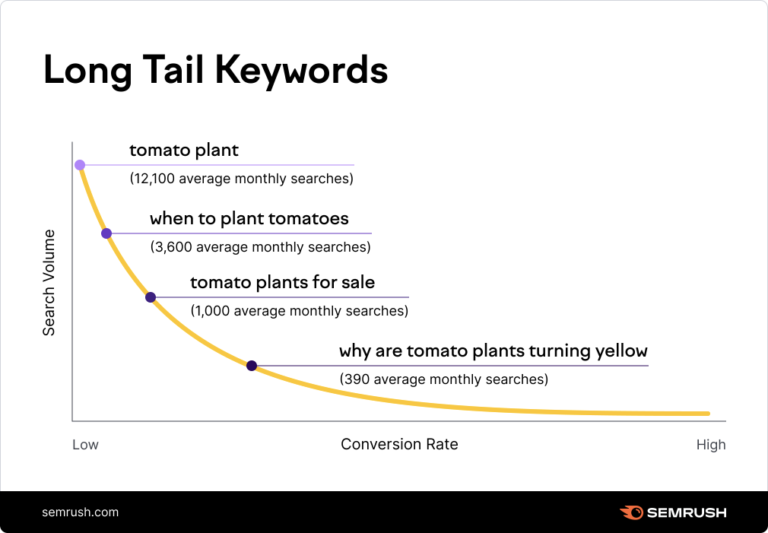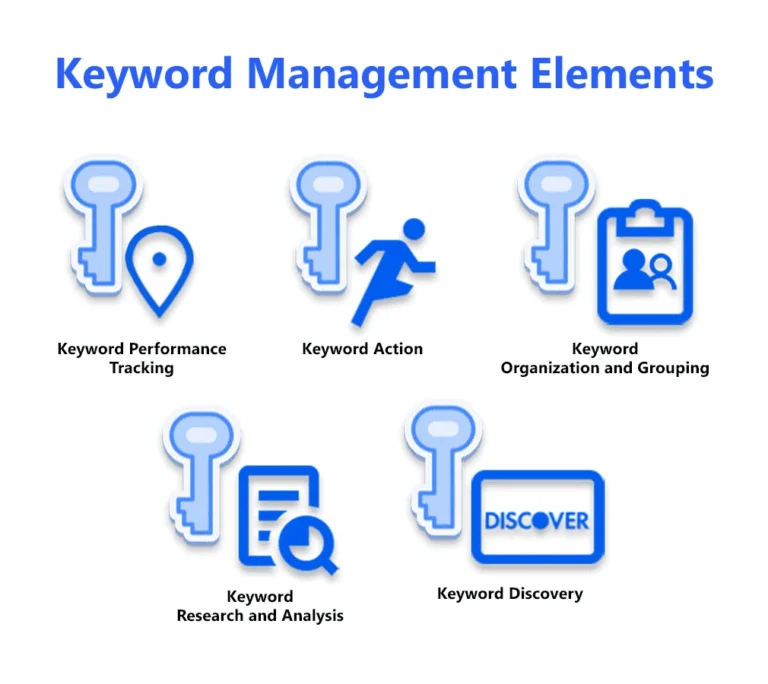In the competitive landscape of Pay-Per-Click (PPC) advertising, keyword research is the cornerstone of successful campaigns. The right keywords connect you with potential customers, driving qualified traffic and maximizing your return on investment (ROI). This guide will walk you through the essentials of keyword research for PPC, equipping you with the knowledge to optimize your campaigns and boost your ad performance.
Why Keyword Research is Crucial for PPC Success

Keyword research is about understanding the intent behind searches. When done right, it ensures your ads reach the right audience at the right time, increasing conversions and delivering a higher ROI. According to Google, businesses make an average of $2 in revenue for every $1 spent on Google Ads, but this ROI can significantly increase with well-researched, targeted keywords.
Start with Broad Keywords and Use Research Tools
Begin your keyword research with broad terms that describe your product or service. For instance, if you sell eco-friendly water bottles, start with “reusable water bottle” or “sustainable drinkware.” Tools like Google Keyword Planner, Ahrefs, and SEMrush can help you expand your list with data on search volume, competition, and CPC. For example, “best reusable water bottle” has a lower search volume but also lower competition, making it a valuable keyword for niche targeting.
Focus on Long-Tail Keywords and Analyze Competitors

Long-tail keywords are specific phrases that target niche audiences with high intent. They account for 70% of all web searches and often lead to higher conversion rates. For example, “BPA-free water bottle for kids” might only have 320 searches per month, but its specificity indicates strong purchase intent. Analyzing competitor keywords with tools like SpyFu can reveal opportunities, such as targeting “stainless steel water bottle” with a CPC of around $1.50 and a search volume of 33,100.
Align Keywords with User Intent and Refine Your Strategy
Understanding user intent is crucial—are users searching for information, ready to make a purchase, or comparing products? Align your keywords with different stages of the buyer’s journey. For instance, “compare reusable water bottles” targets the research phase, while “buy eco-friendly water bottle online” targets purchase intent.
Organize your keywords into ad groups, segment them by match types, and regularly review CPC and competition levels. The average CTR for Google Ads is 3.17%, but relevance and precision in targeting can significantly improve this rate.
Ongoing Keyword Management

Keyword research isn’t a one-time task. Continuously monitor performance metrics like CTR and CPA, add negative keywords to filter out irrelevant clicks, and expand your keyword list based on industry trends. PPC is dynamic, so regularly test and optimize your campaigns.
Example: If your ad for “stainless steel water bottle” has a high CTR but low conversions, experiment with different ad copy or landing pages to improve results.
Conclusion: Build a Strong PPC Foundation
Effective keyword research is the backbone of any successful PPC campaign. By starting with broad terms, focusing on long-tail keywords, analyzing competitors, and continually optimizing, you can create a strategy that drives targeted traffic, boosts conversions, and maximizes your advertising budget. What tools or strategies have you found most effective in your keyword research? Share your insights in the comments below! And be sure to explore our other posts on optimizing PPC campaigns to take your digital marketing efforts to the next level. Also, if you like to stay up to date on PPC trends, then check out my Top PPC Trends For 2024. I highly recommend it.
Leave a Reply